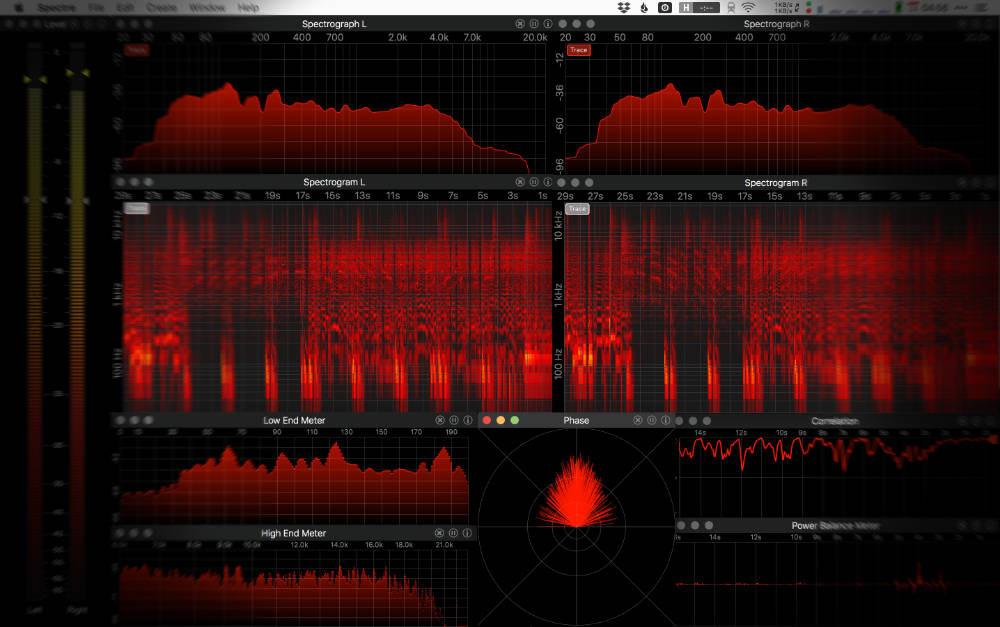Fix it in the Mix

I suspect that this oft-heard phrase came into existence very shortly after multitrack tape recorders were invented.
After two decades as a mastering engineer I've spent a significant chunk of my life developing techniques to fix issues at the mastering stage. While I have been able to perform amazing "saves" on some exceptionally bad mixes, the reality is that it's always better to fix issues as far back as possible in the production pipeline. I often request preview mp3 files before a project is finalized so I can make suggestions for changes that are going to be easy to make in mixing, but very difficult to correct in mastering.
Vocals that are too loud or too quiet
When listening to an album the vocals are the natural focus of the listener* so when I'm mastering an album I do my best to have the level and timbre of the vocals in a similar space from song to song. There are ways that I can emphasize or de-emphasize vocals without affecting other elements much but it's never completely devoid of side effects.
*Unless you're an audio engineer, in which case you're cursed with the ability to mentally disassemble a mix while listening to it.
The bass is much louder than kick or vice versa
Because these two instruments share a very similar frequency range it's never easy to change the perspective between them when all you have is a stereo mix to work from. This is my most frequent mix change request.
Phase issues in stereo or multi-miced tracks
I've got some sophisticated tools that can often correct for phase incoherencies within a mix that are the result of poorly placed mics or processing artifacts but it can never make it sound as good as coherent phase between all the elements in a mix. There are a number phase meters available that can show you when there are problems. These issues can often be corrected using sample-level delays or tools like the Little Labs "IBT" that can work wonders and give you a solid, phase-coherent mix.
An element of the mix that has out of control dynamics
I love dynamics and try to preserve as much of the natural dynamics as I can when I master. There however times when there's an element that's just jumping out of the mix so far that it's painful, or at least drawing unwanted attention to itself. In mastering I can usually address this with a limiter, multiband compressor, or dynamic EQ but in all those cases it's still going to have some degree of undesired side-effects on other mix elements. Using one of those same three tools on the track in mixing is a much cleaner way of dealing with it.
The mix is really dense in certain frequency ranges
If there are several elements all residing in the same frequency range it's likely that you're going to experience masking, which is the phenomenon where you have a difficult time hearing them as separate elements. Often the simple act of panning parts can work wonders in maintaining clarity. You can also use EQ to carve out unneeded frequencies from a part; it's incredible sometimes how little of the audio is actually needed to still have something sound good in the context of a mix.
Better than fixing it in the mix
What's even better than fixing it in the mix is fixing it at the recording stage. The same phase metering that you use to identify issues in mixing can be used to inspect the phase when you're tracking. Sometimes you don't have the luxury of time when setting up the mics but if you do, the final product will sound that much better.
The complete session recall provided by Modern DAWs allow you to essentially be mixing as you are recording. This can be very useful in figuring out that you have frequency range overlap and masking going on. When you do find that happening you can try having the part played in a different register or try a different sound. The less EQ that you have to use when mixing, the better.
While it's possible (and pretty well de rigueur these days) to correct the pitch and timing of a track after the fact, all it takes is spending time in tuning and editing hell with a particularly bad track to make you realize it's much easier to spend the time working over a part to get it recorded right. I do like the ability to save a great performance with tuning or editing but I've learned that when I'm producing that I need to be more of a task master in order to save my sanity later.
And lastly, don't be afraid to take a sharp knife to your tracks. You may have spent a great deal of time going for a particular sound, or laboring over a performance but don't fall prey to the sunk cost fallacy. Just because it took a lot of effort doesn't mean that it's making the song better. Judicious editing out of parts can be just the thing to make a mix sound great.